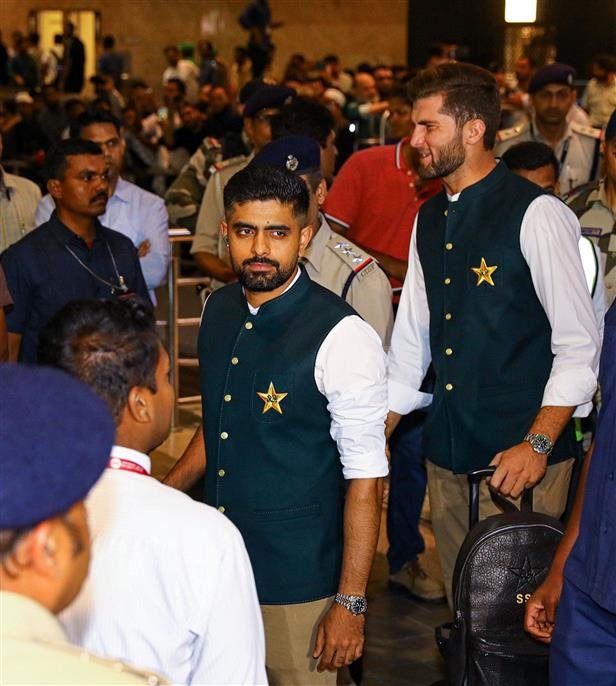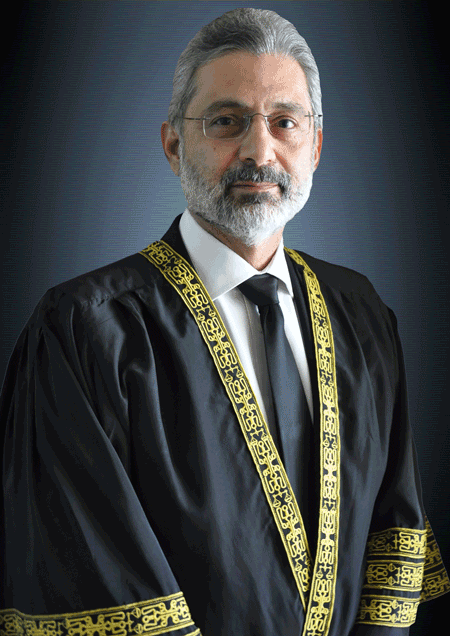55 Killed As 2 Suicide Blasts Strike Pakistan In Hours
In a devastating turn of events, Pakistan bore witness to two deadly suicide blasts on Friday, claiming the lives of 55 innocent people and leaving dozens injured. The first explosion rocked a mosque in Balochistan’s Mastung district, while a second blast occurred hours later in Khyber Pakhtunkhwa’s Hangu city. TheContinue Reading









